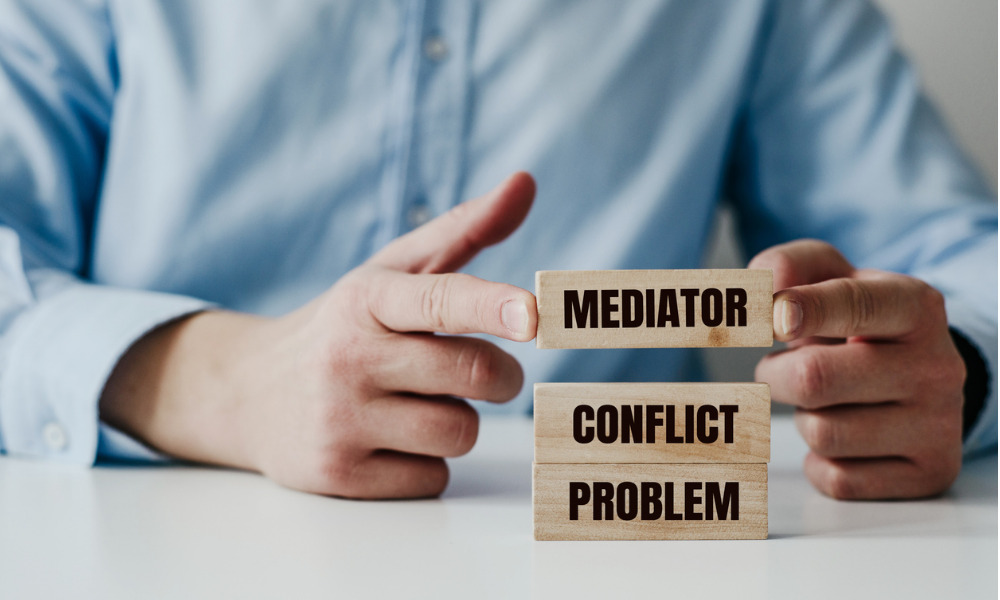
Paul Sills talks about how mediators and arbitrators enable conversations to resolve commercial disputes

Paul Sills, recipient of NZ Lawyer’s Most Influential Lawyer award, has conducted mediation and arbitration work on commercial disputes for approximately 12 years in addition to his legal practice.
In a recent interview with NZ Lawyer, Sills describes his mediation and arbitration practice, New Zealand’s approach to dispute resolution, and the impact of the COVID-19 pandemic on this segment of the legal profession.
Read more: Top 25 Most Influential Lawyers 2021
Over the course of his career, Sills says he has realised “the power of getting the parties together around a table or on the screen” and that facilitating a conversation between people can lead to positive results.
Arbitration around contractual disputes is common in New Zealand, particularly in the construction industry. However, Sills believes that misconceptions still exist – especially if negotiations aren’t immediately successful.
“[If] they’ve tried that and it hasn’t been successful, they will often question why bother going to mediation?” Sills asks. “What they don’t understand, and we need to educate the market on, is when you add that third person, that facilitator, the head of the table or on the screen, [that person helps] the parties have the conversation [and facilitates] listening and interpreting, asking questions and helping guide the conversation. That’s very different from two parties sitting around the table trying to negotiate, or two CEOs on the phone trying to negotiate together the parties, lump them all into the same area, and think, ‘well, we had a discussion about this, we couldn’t make any headway’. A facilitated conversation is much different from a direct conversation a lot of the time.”
When asked how the legal profession drives the adoption of mediation and other alternative dispute resolution (ADR) methods, Sills says the New Zealand government has done well in legislating mediation in many areas of life, making it “either a compulsory or a key part of dispute resolution”.
One such area is employment, where most disputes first go through mediation with the concerned government ministry. He cites the importance of the justice system’s encouragement to use ADR or mediation as an effective tool to deal with disputes, as in the United Kingdom where parties are frequently directed to pursue mediation and may face consequences otherwise.
And commenting on how the COVID-19 pandemic has affected the country’s legal profession, Sills says that New Zealand is unlike many other countries because of its small number of community cases and the different responses to them.
“For example, our lockdowns have been quite brief compared to, say, the UK… [The New Zealand] courts, for example, were doing a lot of work and how to bring things online,” he says. “And we started appearing in court online or on the telephone. But because it was reasonably short-lived, only for four weeks, we didn’t get into the depth of that, [unlike] the rest of the world.”
Sills adds that compared with residents of other countries, such as the UK and the US where many activities have been done online for a long time, those in New Zealand initially thought online mediation would feel artificial, but the process has turned out well.
Additionally, Sills says that in New Zealand, lawyers have experienced a hybrid situation involving online work and face-to-face meetings, demonstrating New Zealand’s different response to the pandemic compared with the rest of the world.
Watch our exclusive interview with Paul Sills here.